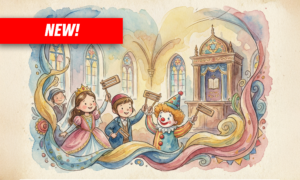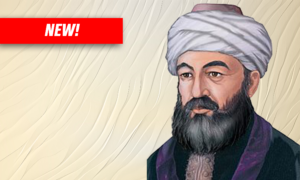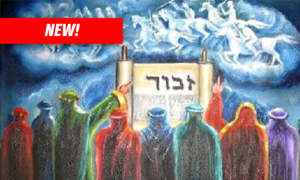A. Three prophecies of repentance
In the haftarah readings of Shabbat Shuvah and Yom Kippur, we read three prophecies discussing the concept of repentance. On Shabbat Shuvah we read from the prophet Hoshea, where he emphasizes the importance of intent and verbal confession when repenting, beyond the act of bringing sacrifices (Source 1). On Yom Kippur morning we read Isaiah, telling how love and empathy in society is more valuable than fasting coupled with conflict (Source 2). During the Minchah service on Yom Kippur we read how Jonah was sent to Ninveh to warn them of the punishment that awaits them. (Source 3).
B. Is the mitzvah of repentance applicable to non-Jews?
The Rebbe asks with regards to Ninveh, a non-Jewish city, if the mitzvah of repentance was indeed given to non-Jews. Specifically, in the closing hours of Yom Kippur, the culmination of a forty day period of repentance, couldn’t our sages have found a more appropriate haftarah, that discusses repentance of the Jewish people? Why did they choose a haftarah that tells of the repentance of non-Jews?
C. Two levels of repentance
There are two elements in repentance: 1) Future-looking – The sinner will not be punished, and the transgression will be wiped from his record 2) Retroactive – the sinner returns to be loved and cherished by G-d as if he had never sinned.
The repentance of Ninveh was of the first level – future-looking. They only sought out to avoid punishment. This level of repentance is applicable to all of mankind. It is the second level, the idea of rectifying the past – that was uniquely given to the Jewish people.
D. Why Ninveh?
During the holiest day of the year, we must know, that even if we did not merit to repent to the fullest extent, the higher level, we still possess the ability to nullify decrees that have already been signed into law by repenting on the more basic level, as the people of Ninveh did.






